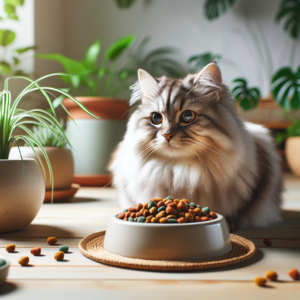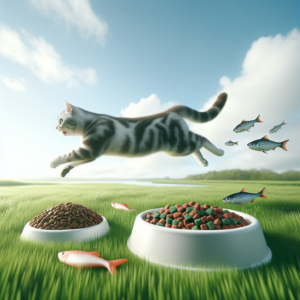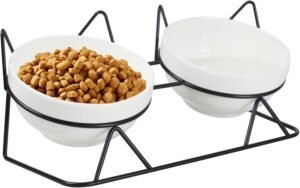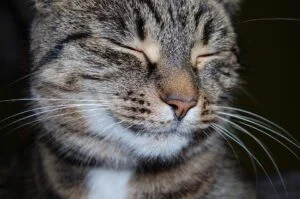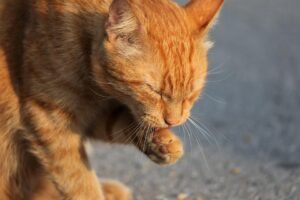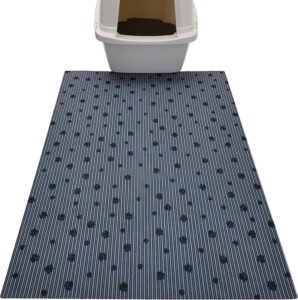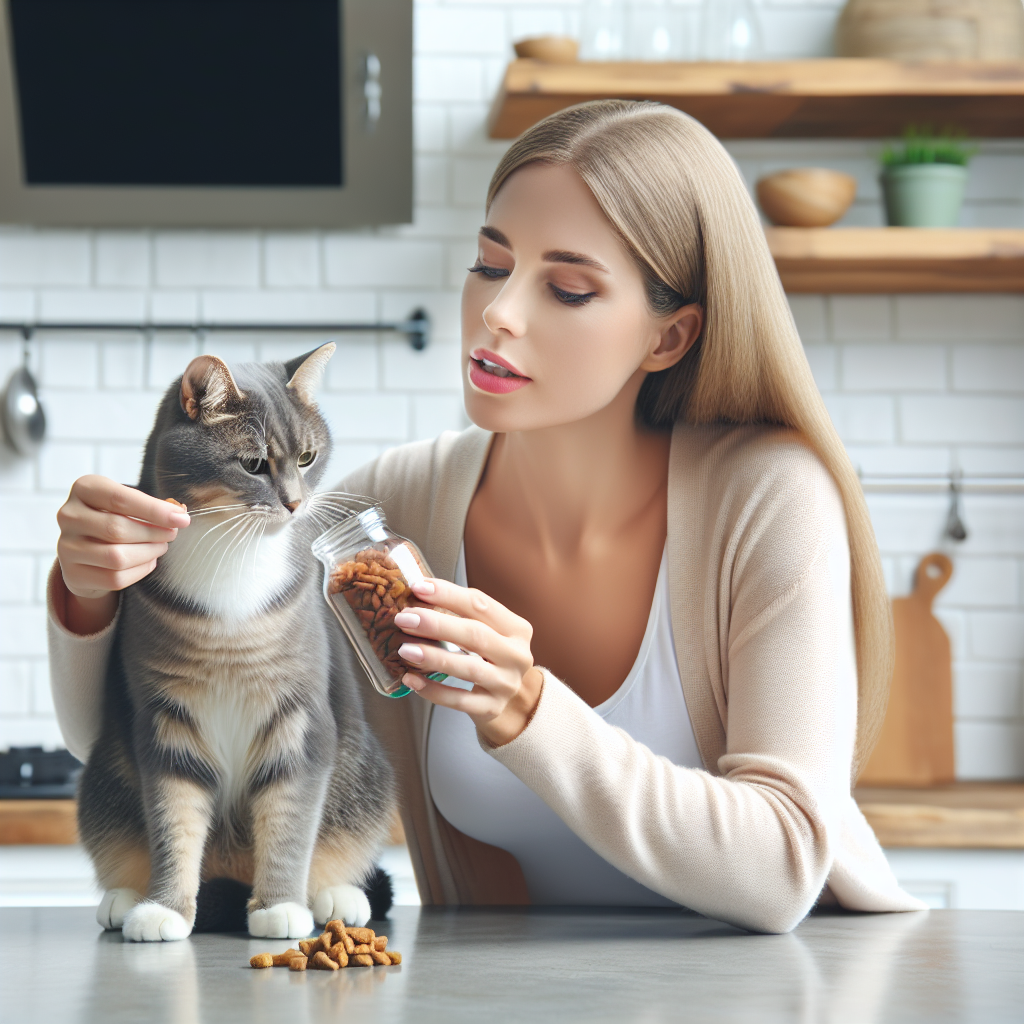
Introduction
Feeding your feline friend may seem straightforward, but the world of cat nutrition is rife with myths and misconceptions. These myths can lead to misunderstandings about what constitutes a healthy diet for cats, potentially impacting their overall health and well-being. In this article, we will delve into some of the most common myths surrounding cat feeding, providing clarity and evidence-based insights to ensure that your furry companion receives the nutrition they need.
Myth 1: Cats Can Thrive on a Vegetarian Diet
One of the most pervasive myths is that cats can thrive on a vegetarian or vegan diet. While it’s understandable that pet owners who follow plant-based diets may want to extend this lifestyle to their pets, it’s important to recognize that cats are obligate carnivores. This means that they require specific nutrients that are primarily found in animal products.
The Importance of Taurine
Taurine is an essential amino acid for cats, crucial for heart health, vision, and reproduction. Unlike humans and some other animals, cats cannot synthesize taurine from other amino acids, so it must be present in their diet. Taurine is naturally found in animal tissues, and a deficiency can lead to severe health issues, including heart disease and blindness.
While some pet food manufacturers offer vegetarian options, these are typically supplemented with synthetic taurine and other nutrients. However, the bioavailability and long-term effects of these supplements are not as well understood as those derived from natural sources. It is generally recommended that cats receive a diet rich in animal proteins to ensure they get all the essential nutrients they need.
Myth 2: Dry Food is Better for Dental Health
Many cat owners believe that dry kibble is better for their pets’ dental health compared to wet food. The rationale is that the crunchiness of dry food helps to clean a cat’s teeth, reducing plaque and tartar buildup. However, this is a misconception.
Understanding Dental Health in Cats
While it’s true that some dry foods are formulated to help reduce dental plaque, the benefits are often overstated. Cats tend to chew minimally, and the kibble often shatters rather than providing abrasive action against the teeth. In fact, some dry foods can actually contribute to dental problems due to their high carbohydrate content, which can lead to plaque buildup.
For optimal dental health, regular veterinary check-ups and at-home dental care, such as brushing your cat’s teeth with a cat-specific toothpaste, are recommended. Additionally, there are specially designed dental treats and toys that can help promote oral health.
Myth 3: Cats Only Need to Drink Water with Dry Food
There is a common belief that cats only require additional water intake when they are on a dry food diet. However, hydration is crucial regardless of the type of food they consume.
The Importance of Hydration
Cats have a low thirst drive compared to other animals, a trait inherited from their desert-dwelling ancestors. They obtain most of their moisture from their prey in the wild, which is why wet food can be beneficial in maintaining their hydration levels. Cats fed primarily on dry food may not drink enough water to compensate for the lack of moisture in their diet, potentially leading to urinary tract issues and kidney problems.
Providing fresh, clean water at all times is essential, regardless of the food type. Incorporating wet food into your cat’s diet can also help ensure they receive adequate moisture.
Myth 4: All Human Foods Are Dangerous for Cats
While it’s true that some human foods are toxic to cats, not all are harmful. It’s essential to distinguish between what’s safe and what’s not.
Safe Human Foods for Cats
Several human foods are safe in moderation for cats, including cooked chicken, turkey, and certain vegetables like carrots and peas. However, it’s crucial to avoid toxic foods such as chocolate, onions, garlic, grapes, and raisins, which can cause severe health problems.
When offering human food as a treat, ensure it does not make up more than 10% of your cat’s daily caloric intake to maintain a balanced diet. Always introduce new foods gradually and monitor for any adverse reactions.
Myth 5: Cats Can Self-Regulate Their Food Intake
Many cat owners believe that their pets can self-regulate their food intake, eating only what they need. However, this is not always the case.
Understanding Portion Control
Free-feeding, or leaving food out all day, can lead to overeating and obesity in cats. Cats may eat out of boredom or habit, rather than hunger. Obesity in cats is a significant health concern and can lead to various health issues, including diabetes, arthritis, and heart disease.
Implementing portion control and scheduled feeding times can help maintain a healthy weight. Consulting with a veterinarian can provide guidance on the appropriate amount and type of food for your cat’s specific needs.
Myth 6: Milk is a Healthy Treat for Cats
The image of cats lapping up milk is iconic, but milk may not be the best treat for your feline friend.
Lactose Intolerance in Cats
Many adult cats are lactose intolerant, meaning they lack the enzyme needed to digest lactose, the sugar found in milk. Consuming milk can lead to digestive issues like diarrhea and upset stomach.
If you want to treat your cat, consider lactose-free milk formulated for cats or other cat-friendly treats. Always introduce new treats slowly and observe your cat for any adverse reactions.
Conclusion
Understanding the facts about cat nutrition is crucial for providing your feline companion with the best possible care. By debunking these common myths, we hope to have clarified some of the misconceptions surrounding cat feeding practices. Every cat is unique, and their dietary needs can vary based on factors like age, health, and lifestyle. Consulting with a veterinarian is always recommended to tailor a diet specifically to your cat’s needs, ensuring they live a healthy and happy life.
